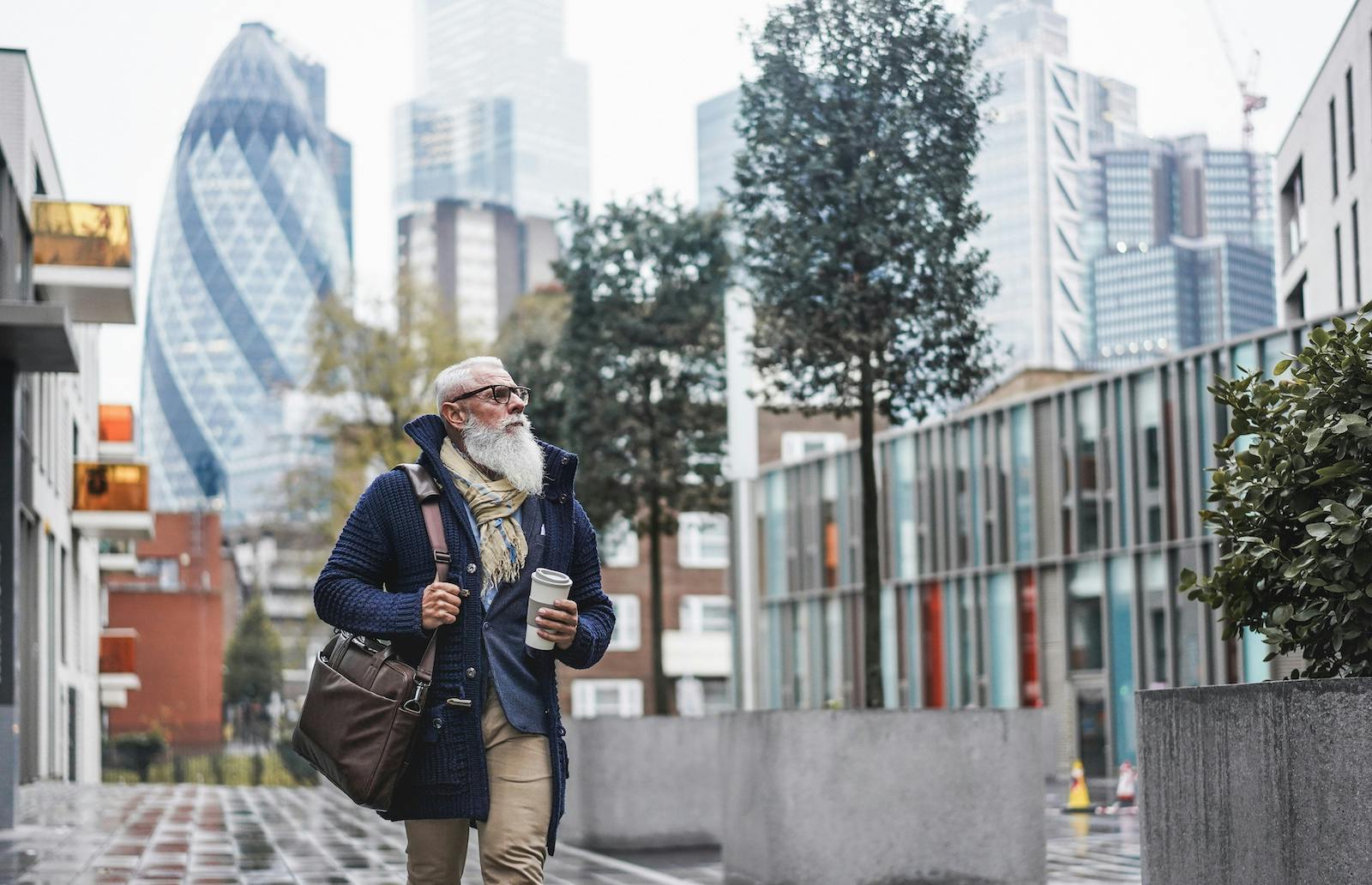The H-1B visa allows US companies to employ foreign workers in specialty occupations. There are many kinds of positions that may qualify for H-1B classification, such as positions in IT, engineering, finance, consulting, science, law, etc. H-1B visas tend to be highly sought-after for their duration (up to six years or more, depending on someone’s circumstances) and the possibility of obtaining permanent residency (a Green Card) at a later date. Additionally, many recent graduates hope to secure H-1B sponsorship to remain in the US and pursue their professional career ambitions.
There are challenges in navigating the H-1B process, though. The ability to sponsor foreign talent for H-1B status is subject to selection in a highly popular lottery. Additionally, if a lottery submission is selected, the processes of preparing the H-1B filing, securing the visa stamp and maintaining ongoing regulatory compliance are complex and time-consuming, often requiring substantial effort on the part of the employer.
Luckily, Localyze, and our partner immigration law firm, are here to help! If you are a US company looking to hire or continue employing foreign talent in the US through the H-1B program, it’s important to understand the application and what to expect from the lottery process.
The H-1B Visa Process
The H-1B lottery and sponsorship process involves several steps.
First, employers must register employees for the lottery during a strictly limited window of time - for 2023, that window is between March 1 - 17, 2023. The government’s immigration service (USCIS) will then announce lottery results by March 31, 2023. If an employer’s registration for a particular foreign talent is selected, the employer can proceed with the H-1B sponsorship on behalf of that talent for the H-1B status to take effect no earlier than October 1, 2023. If a registration is not selected, USCIS may conduct additional lottery selections later in the year, though this is not guaranteed.
After selection, the employer must prepare and file a Labor Condition Application (LCA) with the Department of Labor (including following very strict compliance measures) and prepare and file the H-1B petition with USCIS during a designated filing period, which generally spans 3 months. During their review of the H-1B, USCIS may question/scrutinize the petition’s eligibility for approval, focusing on issues related to the employer, the offered position and/or the foreign talent. These challenges can be complex to navigate and respond to without the appropriate immigration assistance.
Finally, some approved H-1B petitions, including those outside the US or traveling, will require the talent to apply and interview for a visa stamp at a US consulate abroad.
Deep Dive: The H-1B Lottery Process
The first step for a first-time H-1B sponsorship (the lottery) is notoriously challenging. USCIS conducts a lottery because they receive more requests for first-time H-1B sponsorship than they are authorized to grant.
Each year USCIS can approve a total of 85,000 H-1B sponsorship requests according to the following breakdown:
- Master’s Cap: 20,000 for individuals holding a Master’s degree or higher from a qualifying US university
- Regular/Non-Master’s Cap: 58,200 for individuals holding at least a Bachelor’s degree or equivalent (including any US Master’s-holding individuals not selected for the first 20,000)
- Singapore Cap: 5,400 for nationals of Singapore holding at least a Bachelor’s degree or equivalent
- Chile Cap: 1,400 for nationals of Chile holding at least a Bachelor’s degree or equivalent
The lottery process is conducted in two stages. In the first stage, USCIS randomly selects enough registrations to meet the 20,000 master's cap. USCIS then conducts the regular/non-master’s cap, selecting from any registrations not previously selected in the master’s cap, plus any registrations not eligible for the master’s cap. Historically, the Singapore and Chile caps are not maxed out and, as such, have not been subject to the lottery.
Chances of being selected
It’s impossible to predict how many applications will be submitted each year, but trends from the last few years show numbers increasing. USCIS also typically selects more than 85,000 registrations, forecasting that not all will proceed with petition filing or ultimately be successful. Filing and selection rates for the last two years are:
- 483,927 registrations received | 127,600 registrations selected | ~26% selection rate
- 308,613 registrations received | 131,970 registrations selected | ~42% selection rate
While the lottery system makes things unpredictable and there is no way to increase the chances of being selected, some H-1B petitions enjoy special designation that exempts them from the lottery requirement. Certain petitions, including those filed by institutions of higher education, non-profit research organizations, and government research organizations, are not subject to the annual limitation/cap, and are therefore not required to undergo the lottery process altogether.
Alternatives to H-1B
If H-1B sponsorship isn’t available because a talent isn’t eligible, a talent isn’t selected in the lottery, or the filed petition isn’t successful/approved, alternative options for that to talent join your workforce may be available. Other US immigration options may be suitable depending on the circumstances, such as:
- TN (for Canadian and Mexican citizens in certain professions/occupations)
- L-1 (intra-company transferees)
- E-3 (for Australian citizens employed in specialty occupations)
- O-1 (individuals demonstrating extraordinary ability)
- E-2 (treaty investor)
- And others
Additionally, US companies can consider establishing or leveraging existing operations in other countries, such as Canada, Portugal, Spain or Germany, which offer more streamlined immigration processes for foreign workers or digital nomad visas.
Conclusion
The H-1B visa program can be a valuable tool for US companies looking to hire/retain foreign talent. However, the process can be complex, and the lottery system is unpredictable. As such, it is helpful for companies to work closely with an immigration partner to explore opportunities and strategies, ensure requirements are met, submit necessary documentation accurately and on time, and maintain ongoing regulatory compliance.
Localyze, and our partner immigration law firm, are here to help guide you and your employee through the visa process and develop alternative/contingency strategies, if needed, to help you attract and retain top talent. To help with the visa process, we’re offering free H-1B case checks through March 10, 2023.

